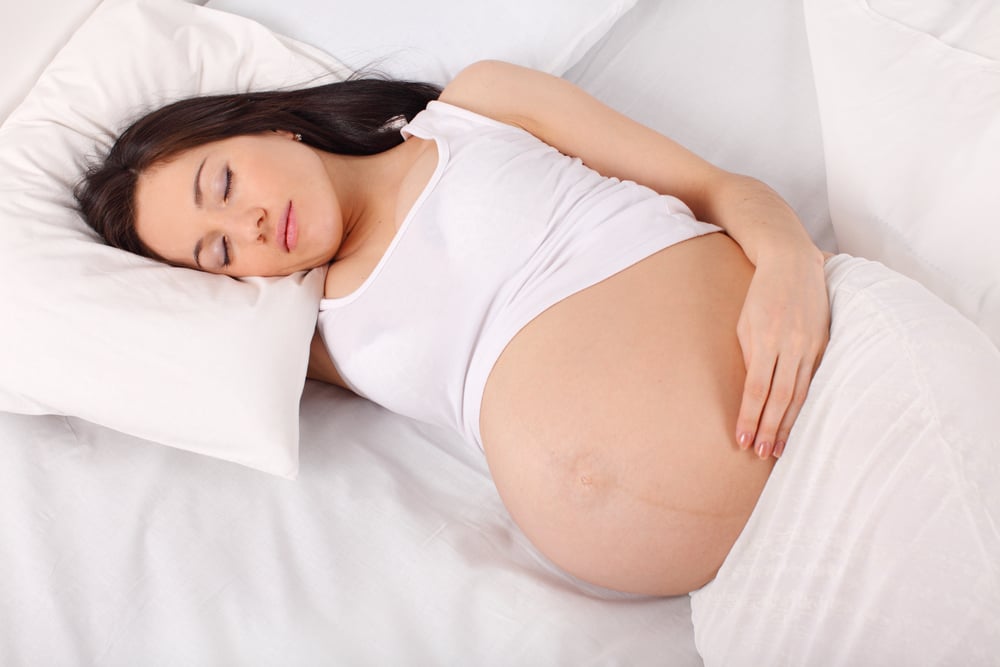Being pregnant comes with a lot of strange body sensations. Many pregnant women complain about feeling abnormally cold. Even if you can solve the problem by throwing on extra layers or snuggling in a blanket, you should still try to find out why you’re so cold all of the time.
Hormone Fluctuations
The most obvious answer for any strange feeling during pregnancy is that it’s caused by your hormones. Your body is pumping with chemicals that will help the baby develop; however, they’ll also impact your mood and your sensitivity.
Hormone fluctuations usually lead to hot flashes, but cold flashes aren’t unheard of. If you can’t get warm and it’s really bothering you, talk to your doctor.
Changes in Metabolism
Being pregnant impacts the speed at which your body metabolizes food. Your metabolism actually plays a huge role in regulating your body temperature, so a slowed-down metabolism might result in your body heat dropping. If your metabolism speeds up, your body might become too hot, and the cooling-down procedure can feel like a sudden chill.
You can help regulate your metabolism by eating healthy snacks on a regular basis. As long as your body has fuel to burn, it will be able to maintain a stable internal temperature.
Dehydration and Low Blood Sugar
Feeling cold is often a symptom of being hungry or dehydrated. Your body needs fuel to go on the fire, and if you haven’t provided that fuel, you won’t be able to produce as much heat.
Pregnant women often have a hard time eating, especially if they’re struggling with morning sickness. Dehydration can also be caused by vomiting or excessive urination.
The solution to these problems is to drink plenty of water, eat regular meals, and supplement your diet with snacks. Try eating comfort foods like soup, mashed potatoes, or other things that make you feel warm.
Basal Body Temperature
Being pregnant actually raises your basal body temperature or BBT. Many women track their BBT to determine when they are ovulating. A lasting rise in BBT is a sign that conception was successful.
But when your internal body temperature is high, the temperature of the air around you can actually feel colder. This discrepancy can be particularly noticeable if you’re already sensitive from hormonal changes.
Anemia and Infections
Most cold flashes are harmless. But if you’re persistently cold all of the time, you might want to contact a doctor.
Anemia is a condition that is caused by a low amount of iron in your diet. Iron is used to produce hemoglobin, a protein that is used to carry oxygen through your bloodstream. The symptoms of anemia include dizziness, exhaustion, and a decrease in body temperature.
Pregnant women are particularly susceptible to anemia because developing babies consume a lot of iron. Supplement your diet with spinach or bananas, and ask your doctor if you’re at risk.
A consistent cold feeling might also be the sign of a fever or an infection. Getting sick while you’re pregnant can be dangerous, so contact your doctor if the feeling doesn’t go away. It’s always a good idea to ask your doctor about strange symptoms; you never know what might be causing them.











